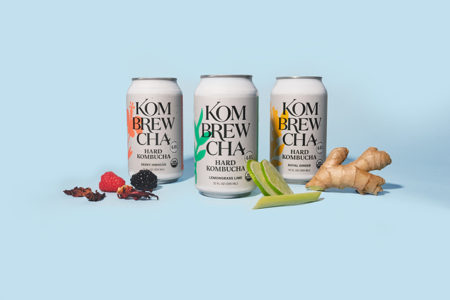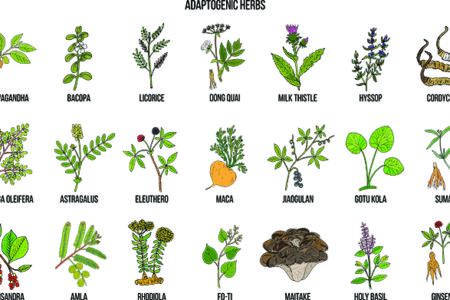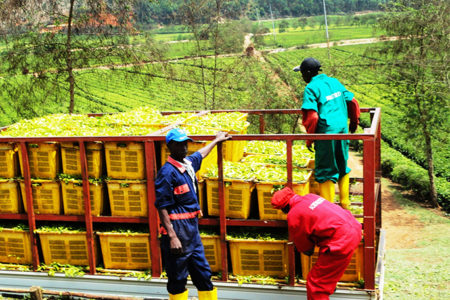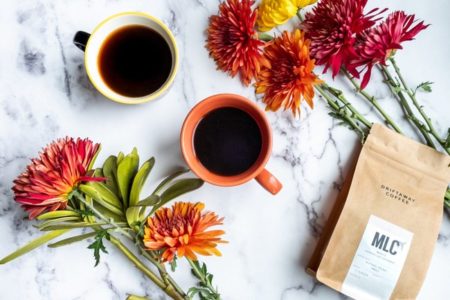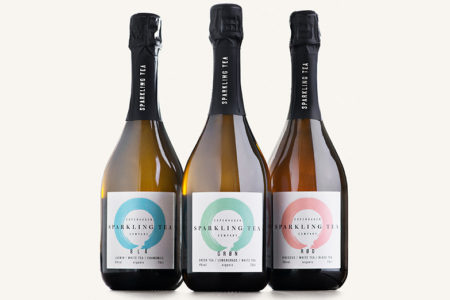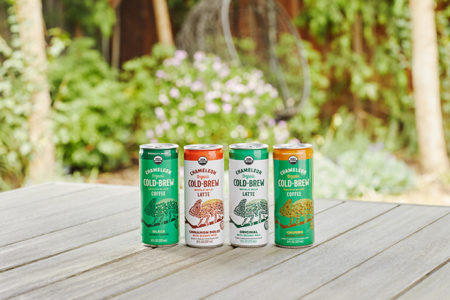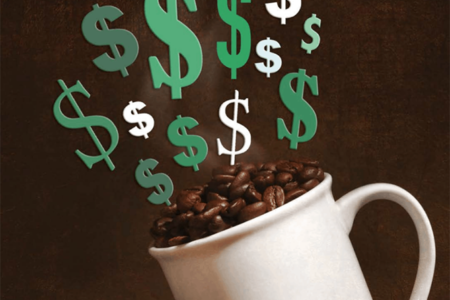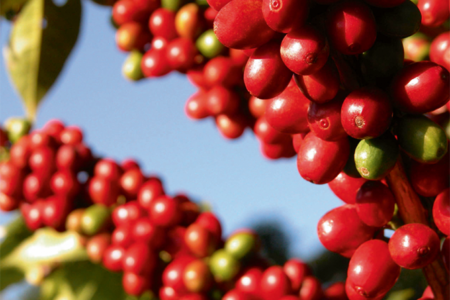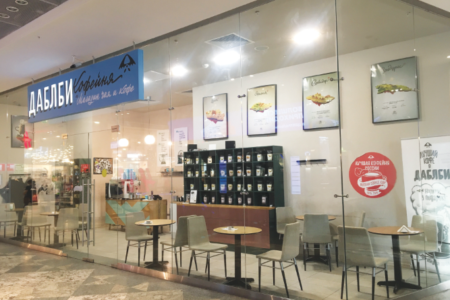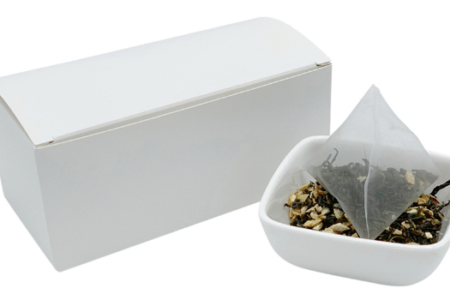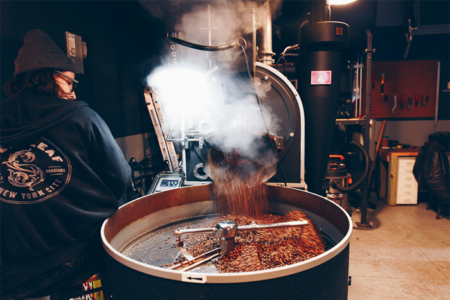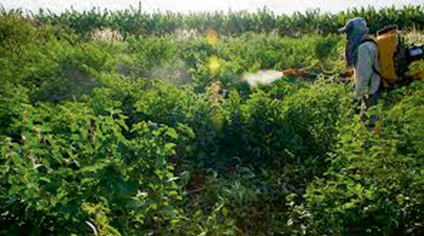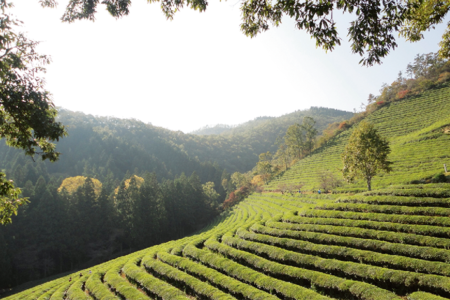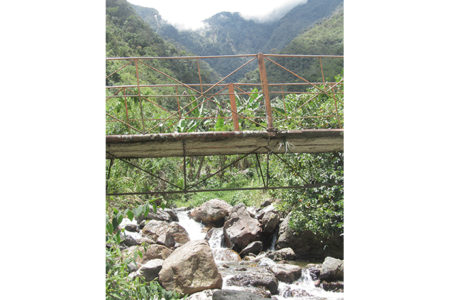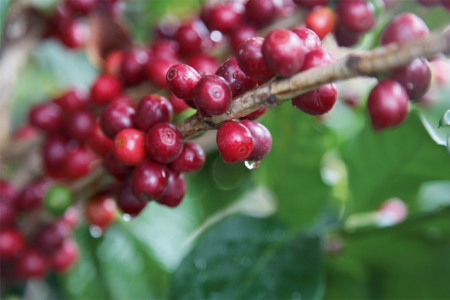Features
What’s in your sustainability tool kit?
Brands and original equipment manufacturers (OEMs) need to ensure that they are keeping up with environmentally sound practices and maintaining their commitment to sustainability. As such, there are key considerations for brands and OEMs implementing eco-friendly packaging solutions.
Sparkling tea: promising a future of unsweetened, healthy fizz
Sparkling tea is a small sub-segment of the ready-to-drink tea category, but as it taps into new healthy lifestyle trends, offers flavourful blends, appeals to younger consumers, and as innovative new players continue to enter the marketplace, sparkling teas are grabbing more shelf space.
Cold Brew as a catalyst for change
Chameleon Cold-Brew has been deeply rooted in sustainable practices since its founding a decade ago. The company believes that beyond selling high quality, sustainably sourced cold brew coffee, it can truly be a catalyst for change in the communities in which it works.
Perspectives on price risk management & evolving strategies
As coffee prices have remained at levels below the cost of production for many producers and risk became a very real crisis, industry organisations are taking step to broaden the tools available to mitigate risk along the supply chain.
November 2019 Green Coffee Report
This November saw a technical rally in the Arabica futures market and a slew of fresh fundamentals. With the conclusion of the 2018-2019 global coffee crop in September, focus shifted to the 2019-2020 crop.
The popularity of coffeehouses is skyrocketing in Russia
Traditionally a fervent tea-drinking country, Russia is a promising emerging coffee market as consumers are embracing the Western coffee culture. But as coffee shop chains and independent coffeehouses continue opening steadily in major cities, the competition is becoming fierce.
Good reasons for the rise in private label teas
The US tea market is nowhere near saturated, and while multinational and national brands remain popular, private label and store brand tea sales continue to grow. Guest author Jason Walker explores the reasons why PL teas are on an uptick.
Specialty blending: the return to coffee’s original art
Blending is one of specialty coffee’s original arts. Part of the excitement around sourcing better coffee in the second wave was the ability to roast it well and build a reputation on the consistent quality of new household names. The third wave arrived with a rush of single origins and blends took a backseat. Now, blends are returning to the forefront as specialty coffee returns to its roots, building blends that complement single origins for a complete and balanced coffee menu.
Moving beyond tea’s wellness message
Tea culture is continually evolving, and in turn, so is the motivation for consuming this beverage. On a broad scale, there are several exciting parallels between consumer consumption trends and the tea industry, such as clean labels, plant-based, wellness and customisation. However, there are challenges, including a decline in black tea purchases, poor out-of-home experiences and limited awareness about the incredible stories and experiences that tea has to offer.
The need to improve FSMSs and HACCPs
While the global merchandising of food commodities remains strong, safety and quality standards between countries differs greatly. Food exporters and importers should evolve trade rules, unify inspection processes and synchronize food related statutes. By Logan Portmann
South Korea’s fine teas aim to attract Western consumers
While the urban millennials indulge in Western coffee habits, the revival of ancestral tea traditions continues to gain ground in South Korea together with innovative blends and ready-to-drinks cups by local brands, which are keen to enter the international scene. By Barbara Dufrêne
New botanical and fruit flavours step into the spotlight
Flavourful, healthy and beautiful tea trends are in full bloom as new botanical and fruit flavours such as mixed berry elderflower and lemon lavender are becoming popular tea infusions and ingredients. By Janie Page
Sustainable quality at scale in Brazil and Colombia
Coffee quality and sustainability are sometimes seen as opposing goals, that to achieve high quality means eschewing ecological awareness and that an environmental approach to coffee production does not leave room for additional quality standards. But, as farms in Brazil and Colombia prove, large scale coffee production can leverage its size to achieve both cup quality and overall sustainability in tandem. By Rachel Northrop
A different approach to map growth opportunities in South America
Euromonitor International proposes a growth decomposition model to help stakeholders more accurately map coffee market changes in regions such as South America. By Angelica Salado



